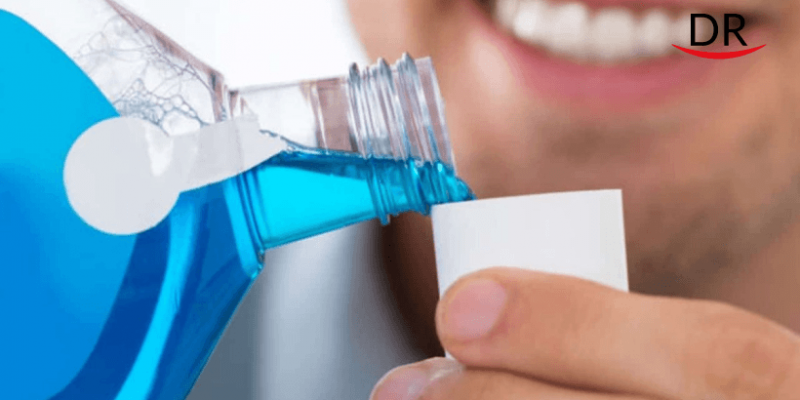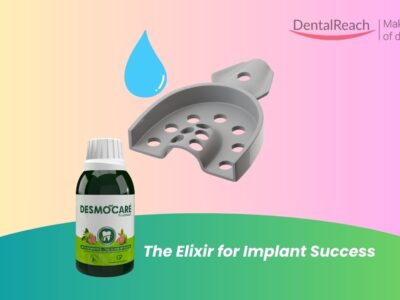A mouthwash to defeat COVID-19? Scientists say a mouthwash could lower infection spread
According to a study by scientists at Cardiff University, dental mouthwashes can protect against COVID-19 by killing the virus before it infects human cells.
Researchers have demonstrated that the throat and salivary glands are virus replication and transmission sites in early COVID-19 disease.
Since coronaviruses belong to the class of “enveloped viruses” that are coated with an external lipid layer, they are vulnerable to certain chemicals.
Mouthwashes can destroy the outer shell, preventing it from multiplying in the mouth and throat.
According to the lead author of the study, Professor Valerie O’Donnell, some mouthwashes contain enough compounds to act on similar enveloped viruses.
Ingredients for mouthwashes includes :
- Chlorhexidine
- Cetylpyridinium chloride
- Hydrogen peroxide
- Povidone iodine
- Ethanol
- Chlorine Dioxide
These chemicals are potentially able to prevent infections. They not only destroy the external fatty membrane, but also affect the ability of spike glycoproteins to interact with receptors on host cells.
Also, the lipid envelope does not vary when the virus mutate, so it should still work even if new strands of the virus emerge in future.
Antimicrobial nature of chlorine dioxide is derived from its property of denaturing proteins present on virus cells. This denaturation involves the oxidation of certain amino residues majorly tryptophan and tyrosine present in the proteins.When chlorine dioxide comes in contact with the virus it denatures the tyrosine tryptophan residues on the spike protein, deactivating the receptor binding and oxidises the viral genetic material.
However, further studies are needed to confirm the effectiveness of the rinsing agents against COVID-19. Also, the potential of disrupting the lipid membrane depends on the concentration of these agents.
Can using a mouthwash reduce risk of COVID transmission?
“The safe use of mouthwash – as well as gargling – has not yet been considered by public health authorities in the UK. In test tube experiments and limited clinical studies, some mouthwashes have been found that contain enough known ingredients to effectively act on lipids in the envelopes of viruses. But we do not yet know whether the existing mouthwashes are active against the lipid membrane of the current coronavirus. Our review of the literature suggests that urgent research is needed to determine its potential for use against this new virus, ”said O’Donnell.
More research is needed to find out if regular mouthwash can effectively reduce COVID-19 transmission in the early stages of infection.
In the meantime, it is advisable to choose those rinses that contain hydrogen peroxide
Coronavirus spreads through drops of water or mucus from the nose and mouth and saliva containing the virus. Therefore, it is important that people regularly disinfect or sterilize their toothbrushes after each use – ideally, hot water, hot water and salt or hot water with one teaspoon of vinegar added. ”
NOTE: There has been no discussion of potential role of oral rinsing in preventing the transmission of virus.
Also read: Chlorine Dioxide Mouthwash As An Anti COVID-19
Source: https://doi.org/10.1093/function/zqaa002




















Comments